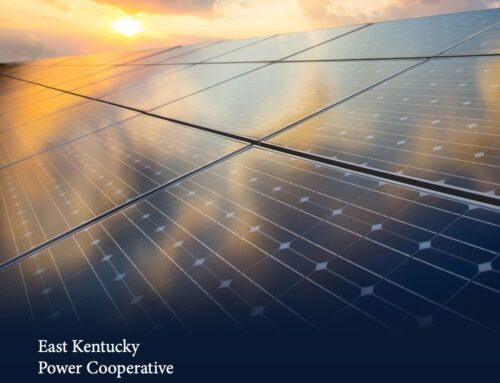Heavy Industries Go Light: The Chemical Industry and Renewables – A Path Towards Sustainability
October 28, 2024

“The intermittent nature of some renewable energy sources, such as wind and solar, requires companies to develop reliable energy storage solutions and ensure a consistent energy supply.”
Case Studies: BASF and Achema Group
Below are two case studies where WFW has acted as legal adviser to lenders on projects involving chemical companies as sponsors:
BASF’s Hollandse Kust Zuid Wind Farm
BASF, one of the world’s leading chemical companies, has been proactive in integrating wind energy into its operations. For instance, it invested, together with Vattenfall and Allianz, in a 1.5 GW offshore wind farm in the North Sea, 18-36km off the Dutch coast, one of the largest offshore wind farms in the world, with WFW involvement (more information here). This wind farm is designed to supply a substantial portion of the electricity required by BASF’s production facilities in the region and is a part of its broader strategy to utilize renewable energy sources.
The Hollandse Kust Zuid wind farm not only helps BASF reduce its greenhouse gas emissions but also ensures a stable and cost-effective energy supply. BASF has set an ambitious goal to achieve net-zero carbon emissions by 2050. The integration of renewable energy sources like wind power is a critical component of this strategy, demonstrating how large-scale chemical production can align with environmental sustainability.
AB Achema’s Renewable Energy Initiatives in Lithuania
AB Achema, Lithuania’s leading fertiliser manufacturer, has made notable strides in adopting green electricity. The company has invested heavily in renewable energy projects, including the erection of its new wind park in the Pagegiai region by its subsidiary LT Energija UAB with WFW involvement (more information here), to power its operations sustainably. By using green electricity, AB Achema significantly reduces its carbon emissions and environmental footprint. At a later stage, AB Achema plans to utilise the electricity generated by its wind farms to produce green hydrogen.
AB Achema’s commitment to renewable energy is evidenced through its continuous development of onshore wind farms.
Conclusion
The chemical industry is at a pivotal point in its history. The integration of renewable energy sources such as wind energy, green electricity, and green hydrogen is not only a response to environmental challenges but also a strategic move towards sustainable growth.
As the world moves towards a greener future, the chemical industry must continue to innovate and adapt. By embracing renewable energy, the industry can reduce its environmental impact, ensure long-term viability, and play a crucial role in the global effort to combat climate change. The path towards sustainability is clear, and the chemical industry has the potential to play an important role in this transformation.
Click here to view the full article series.
Search
RECENT PRESS RELEASES
Related Post




